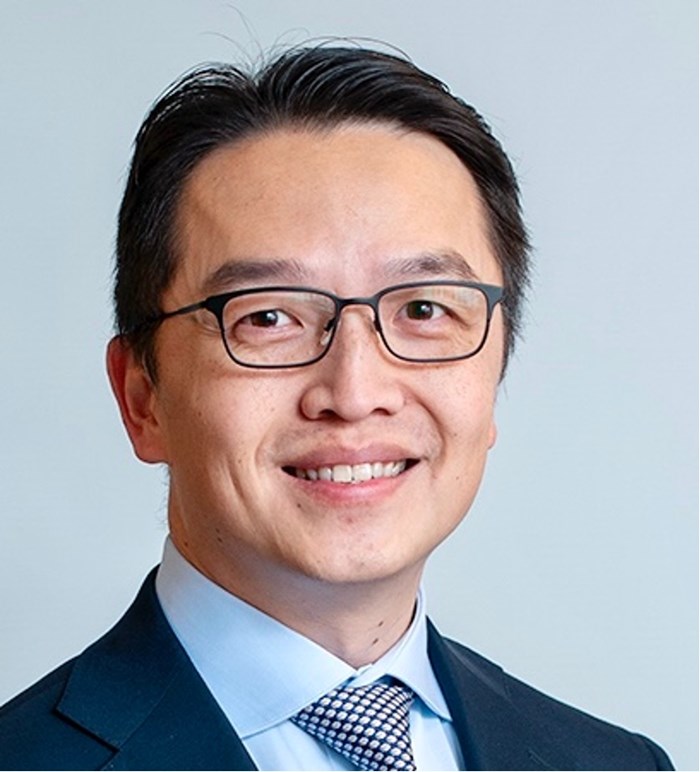What I know now that I wish I knew then

Eric Liao, MD, is a pediatric plastic surgeon-scientist focused on improving the care of patients born with orofacial clefts and complex craniofacial conditions. He's an associate professor of Surgery at Harvard Medical School, with additional appointments in the Department of Genetics and Harvard Stem Cell Institute. As a surgeon-scientist leader, Dr. Liao serves Mass General Surgery as chief research officer, managing the largest surgical research program in the country. He's also director of Pediatric Plastic Surgery and of the Cleft and Craniofacial Center at Massachusetts General Hospital for Children. In addition to caring for children with complex craniofacial anomalies, Dr. Liao also carries out robust clinical and fundamental research programs, funded by the National Institutes of Health and Shriners Hospital for Children. Dr. Liao hopes to make impact through treating children with cleft and craniofacial anomalies, developing future leaders in surgical research, and investigating fundamental research question that will lead to improvements in future patient care. Visit his lab at liaolabmgh.org.
Research is the most patient-centered contribution we can make. As surgeons, we make a difference in the lives of our patients every day. When we make research advances, we impact the lives of patients we may never meet. I hope many of you are aspiring surgeon-scientists – and I look forward to sharing what I know now, that I wish I knew then.
There are three top things to consider as you set yourself up to becoming an academic surgeon:
- Identify a big problem to solve. Think about the current top-five challenges in plastic surgery and identify your topics of interest within this field. Then delve into the field, know it inside out, go to conferences, read journals become an expert. Fit your clinical expertise to your research interest.
- Be passionate and focused about solving big problems. This passion is important to solve big questions that require a lot of thought, time and hard work. It will give you resilience to keep asking, keep pushing forward until you to obtain the answers that have broad and high impact in the field. There's no doubt that the road to becoming a surgeon-scientist is tough, but your passion will be the driving force behind your success. Once you've identified an area of clinical need or scientific knowledge gap and found your passion, you need to focus on it with most of your effort and time. Everything we do has opportunity cost – and time is the most precious commodity. Don't get sidetracked by other smaller projects with little gain or impact.
- Understand and develop the academic skills. In the clinical world, acquiring skills is regimented and clinical surgery has standards of care. By the end of training, every resident arrives at a somewhat equal level of surgical skill and knowledge of patient care. In academia, the path to obtaining skills is less prescribed. It's important to know how to plan experiments or clinical trials, how to write a grant and secure funding for your ideas, and how to present and publish research. Classes are available in public speaking, study design, biostatistics, bench research (methods), computational biology, grant writing and communication; these must be practiced and mastered to succeed in academia.
Its essential to assemble a team of your mentors with complementary expertise who can teach you the skills required to become an academic surgeon. Some mentorship is organic, and therefore arises from need or shared interest. One should start to seek mentors early and be intentional about it. In our surgery program, every intern on Match Day is paired with one clinical, one academic and one peer mentor. Before their start day, they have a mentorship team. This team provides important career development advice over the entire residency period and assures advancement of skills. Lastly, understand that you cannot be an expert in everything – so take a team approach to supplement your expertise with collaborators.
Dr. Gfrerer is an international medical graduate.